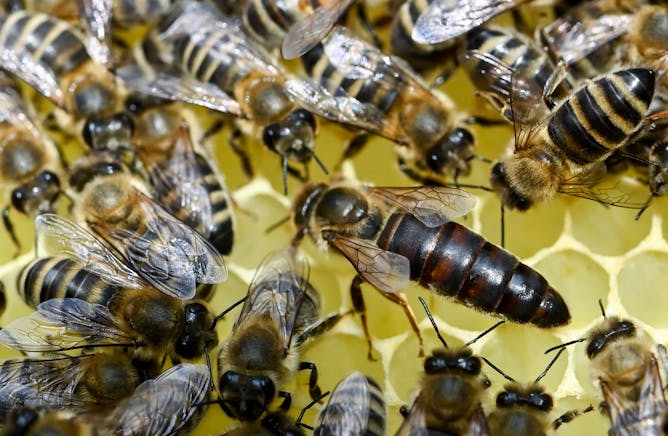|
Companies with products that are harmful to health fund research across Africa’s universities. One example is Nestle. Several academic institutions receive money from the multinational even though, by its own admission, its portfolio of foods includes a large percentage that don’t meet the definition of healthy products. Studies have found that researchers are biased towards those who hold the purse strings, either consciously or unconsciously. In this
article, Susan Goldstein and her colleagues call for rigorous scrutiny of all funding to avoid conflicts of interest.
The past five months have been anguished ones for peace activists in Israel. Several people involved in peace and solidarity groups were murdered during Hamas’ attacks – attacks that, in critics’ eyes, proved just how misguided the movement is. For many activists, on the other hand, Oct. 7 and the war have only underscored the urgency for a larger peace. Defining “peace” has never been easy, though, let alone forging it, writes Atalia Omer. Israel has long
had multiple peace movements.
|

Susan Goldstein, University of the Witwatersrand; Mark Tomlinson, Stellenbosch University; Rachel Wynberg, University of Cape Town; Tanya Doherty, South African Medical Research Council
Financial links between corporations and health research invariably lead to conflicts of interest.
|
|
|
-
Atalia Omer, University of Notre Dame
Secular Jewish groups have historically made up the majority of solidarity and peace groups. But Palestinian citizens and observant Jews are also key.
-
Jérôme Viala-Gaudefroy, CY Cergy Paris Université
Nearly a third of Americans say they believe that Donald Trump was the real winner of the last election, and the ratio is twice as high among Republican voters.
-
Sam Baron, The University of Melbourne
A new measurement of gravity at small scales hints at an alternative to billion-dollar experiments for the future of physics.
-
Andrée-Ann Baril, Université de Montréal; Matthew Pase, Monash University
Sleep appears to play an essential role in a number of brain functions, such as memory. So good quality sleep could play a vital role in preventing dementia.
-
Claudia Hillebrand, Cardiff University
Daniela Klette was working as a maths tutor in Berlin under an assumed name.
-
Santosh Mehrotra, University of Bath
India needs to follow a path akin to China’s to find answers to its job woes.
-
Pete Wilde, Quadram Institute
A large new review finds UHPs implicated in many health conditions, but we still don’t know which foods are the key culprits.
-
Peter Loewen, University of Toronto
Brian Mulroney’s role in the campaign against apartheid in South Africa can teach us how Canadian foreign policy can be done effectively.
-
Ruth Sacks, University of Johannesburg
The nationalist art of Mobutu Sese Seko and the art nouveau style of King Leopold II both live on in Kinshasa in fascinating ways.
|
|

Phil Starks, Tufts University; Aviva Liebert, Framingham State University
A queen’s main job in the hive is to lay eggs and pass genes on to offspring. But many bee species do just fine without queens or big colonies.
|